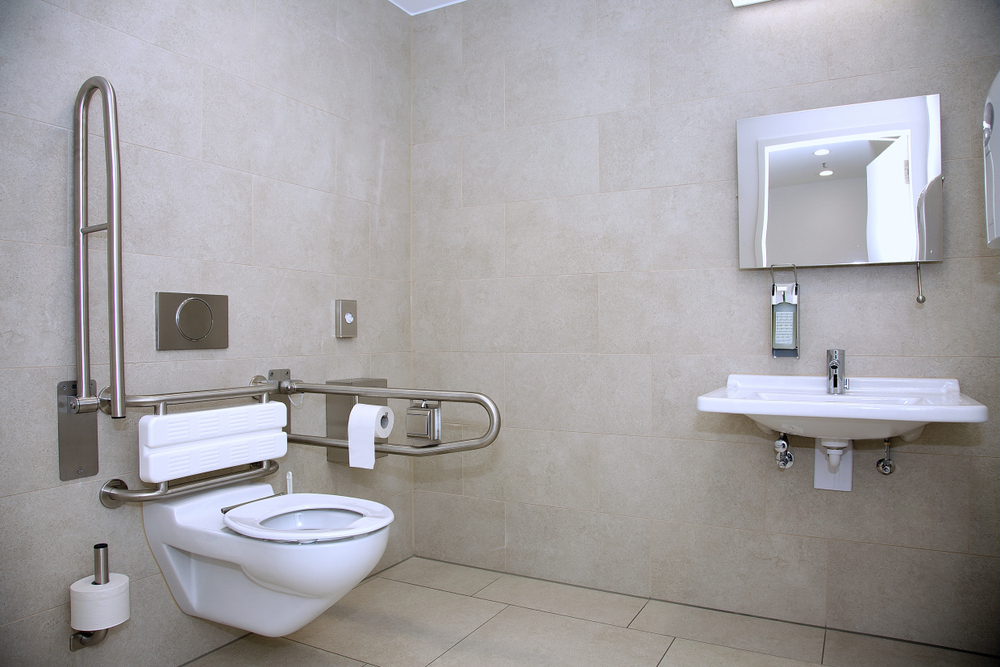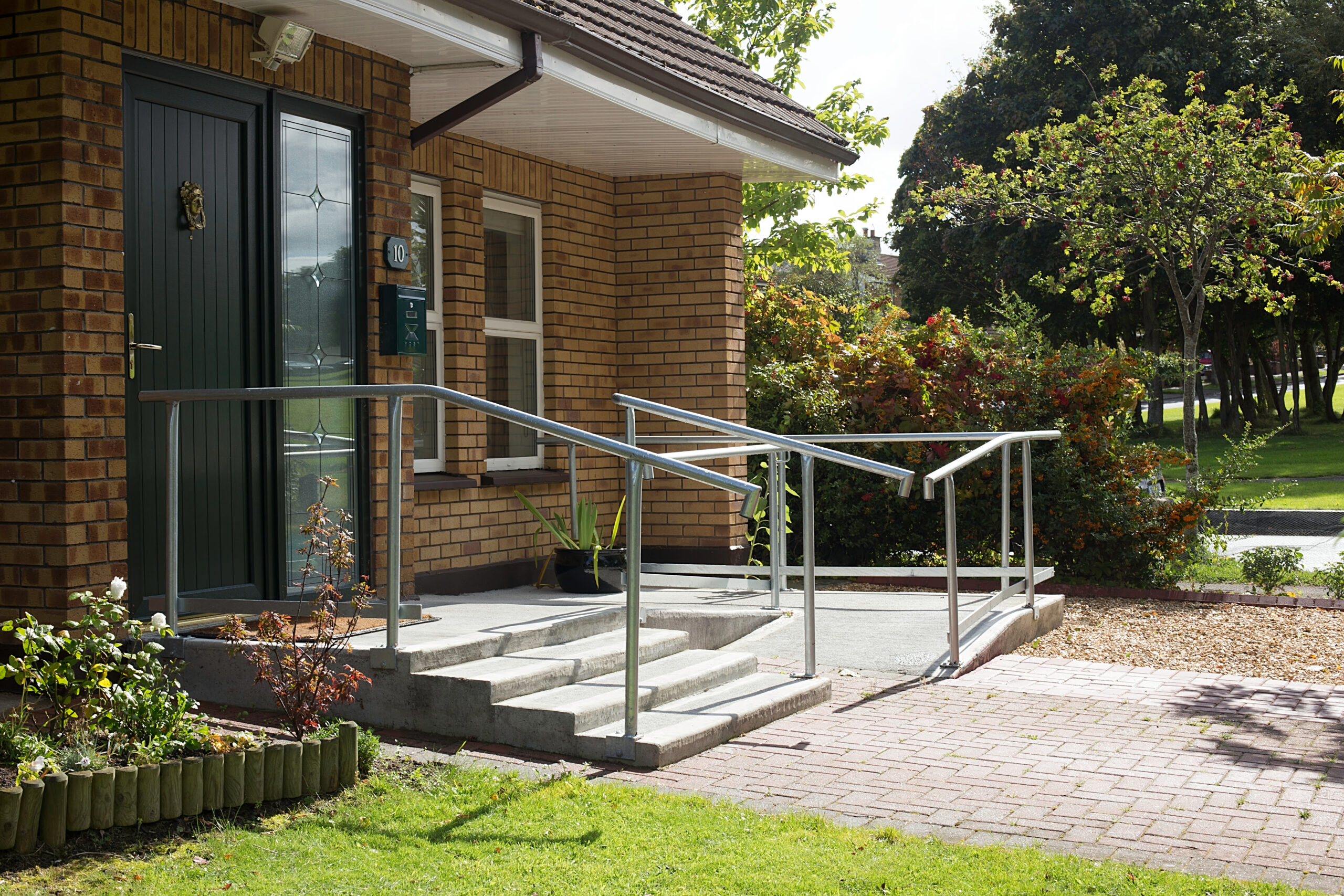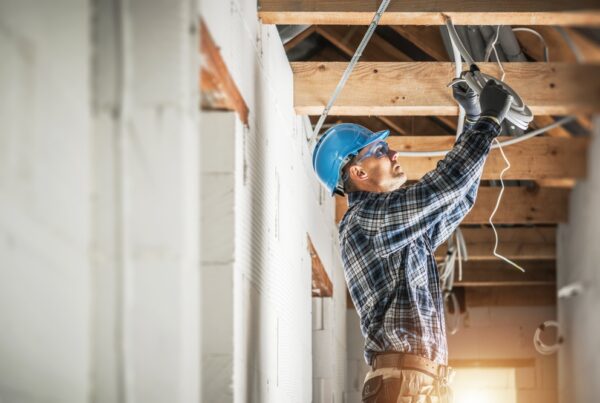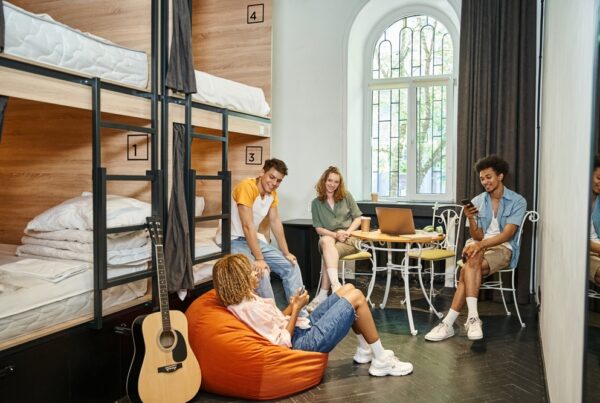Brisbane businesswoman, Maribel Pegler, has had a passion for property investment since the 90s when she began renovating houses as a hobby.

“I like the fact you can make something beautiful and functional that can be touched and felt. I like it’s a visible asset,” the 57-year-old explained.
Back in 2009 she stepped up her investing and joined with colleagues in property development.
But it was a meeting with Ethical Property Investments founder, Goro Gupta, in 2019 that changed her thinking around property investment.
Ethical Property Investments creates accessible housing solutions for people with disabilities. Their efforts have established Empowered Liveability, which has become Victoria’s largest privately owned provider of NDIS housing.
Their collaboration with people in the building and disability sectors has ensured that young adults with disabilities receive the care they need without having to move into nursing homes or stay with their parents.
As one of Ethical Property Investments many investors, Maribel found this a win win.
“I have always invested and believed in the power of compounding. Property is a great asset to have and in the long term it tends to increase, the coaching and consulting business owner said.
“I’ve always valued financial freedom and the ability to build long-term wealth. What I liked about what Goro was doing was the concept of providing a benefit to disadvantaged members of the community.”
Maribel found land in Burpengary and Ethical Property Investments built an SDA home, which is suitable for 3 people with disabilities such as down syndrome to live in, along with their choice of carer.
It’s in an area close to shops and transport and has been designed so it’s flat and easy to get in and out of. It has four bedrooms with four bathrooms, one of which is set up for handicapped people.
Being able to build something to that standard added around $50,000 to the cost. However, investment has been a profitable one. Maribel is likely to get up to $75,000 rent per annum, while the property next door is likely not to get more than $30,000 per annum rent.
“It was a deliberate design to ensure we could cater to the needs of the people we want to house,” she explained, viewing it as a long-term gain.
“The effort Goro’s team put in to get it set up was incredible and they persevered through the Queensland red tape because it was one of the test cases in the state. They were already well-established in Victoria, where the laws had been in place for some time.
Maribel said the house has capacity for three tenants and one carer, with a service provider managing the tenancy.
“It will be a home for the tenants for a long period of time, which is great because these people are looking for a long-term place they can call home,” she said.
“It’s not like a normal rental property where people tend to come and go. However, they are not stuck with the same service provider.
“It is an easy way to invest in property, particularly if you are nervous about dipping your feet in, with plenty of support from the team at Ethical Property Investments.
I believe in a life designed, taking control of your own life and creating opportunities. This is my vehicle to be able to take control of my financial freedom.”
Maribel is now looking for another opportunity with Ethical Property Investments and hopes her experience will help inspire others to think about investing ethically and supporting people in the community who may be disadvantaged, particularly in the current economic crisis.




